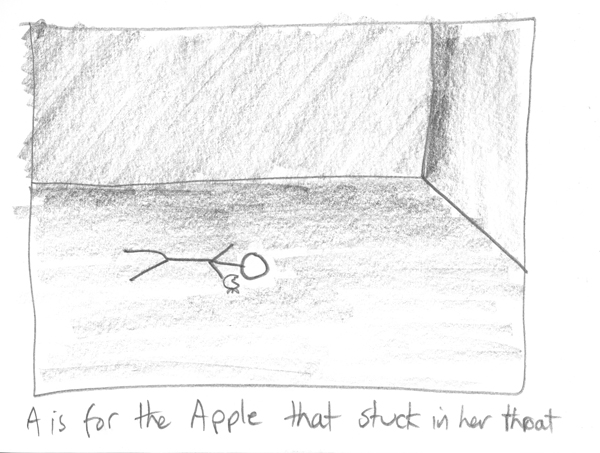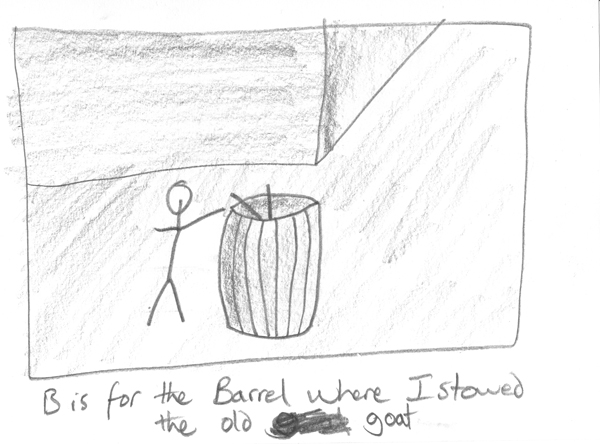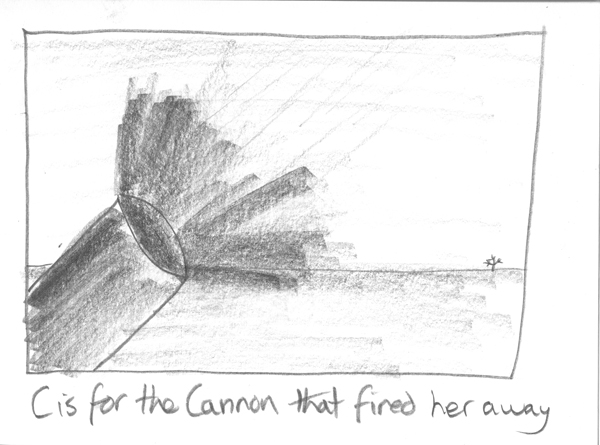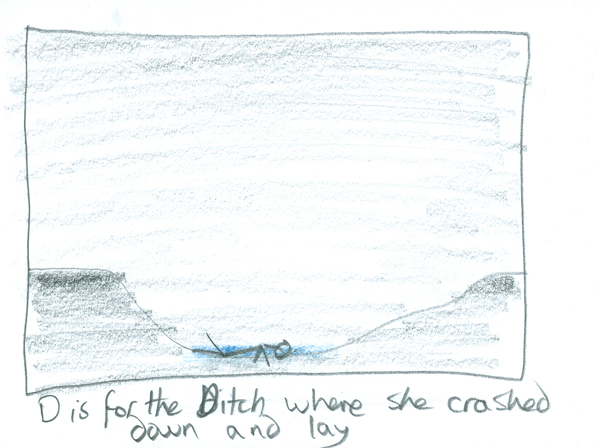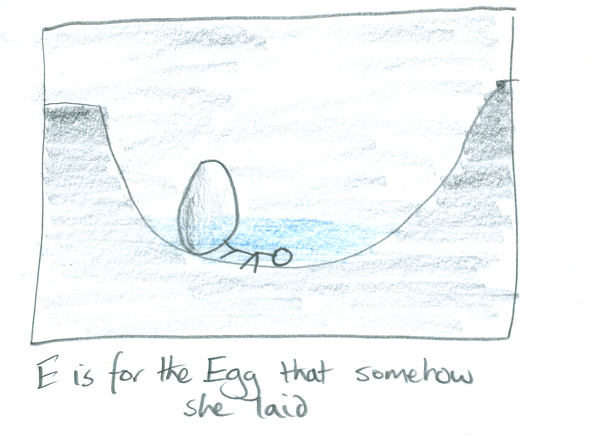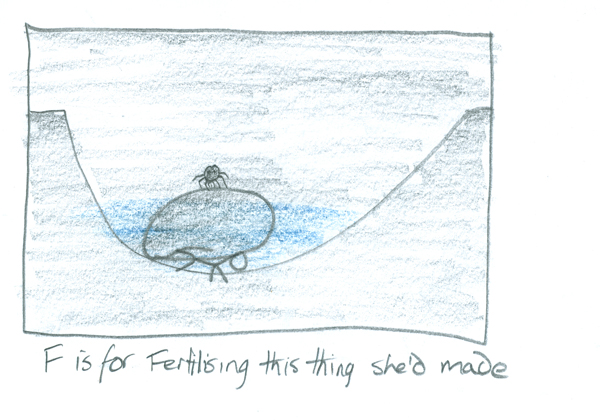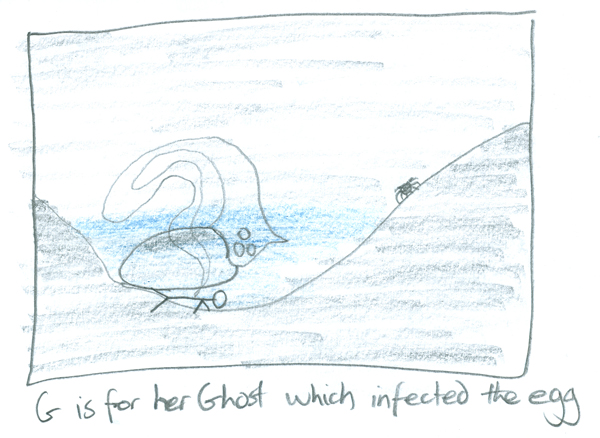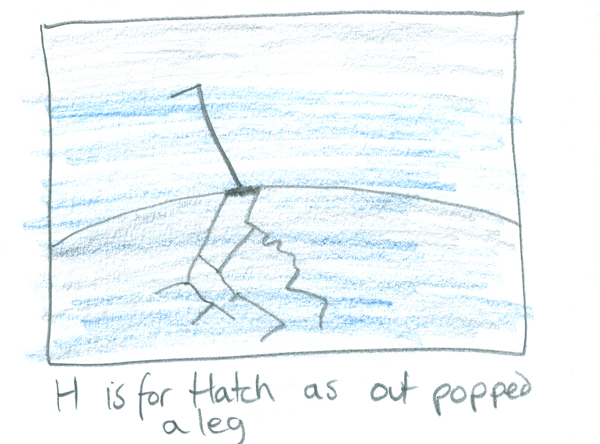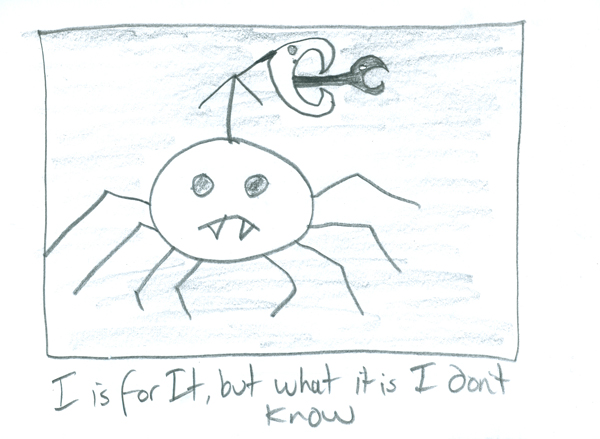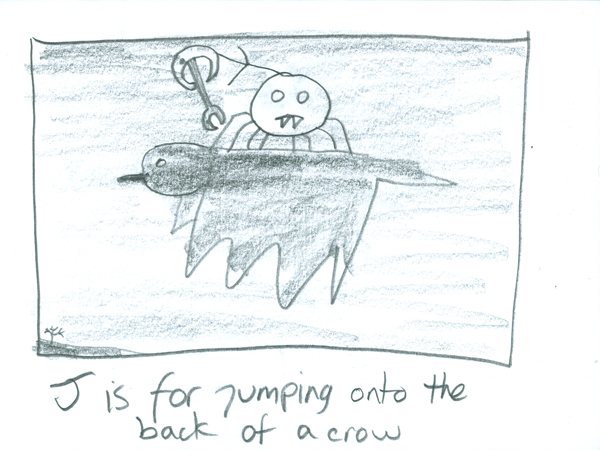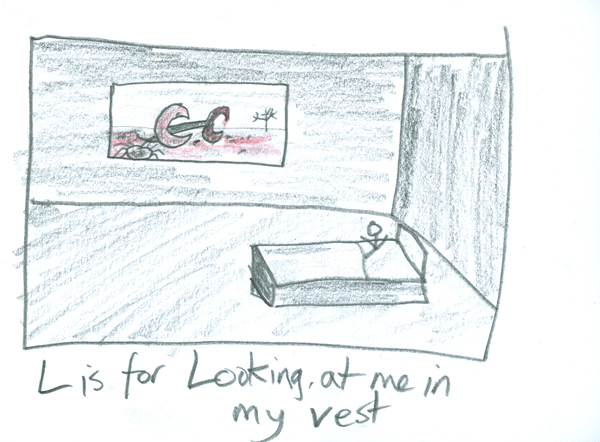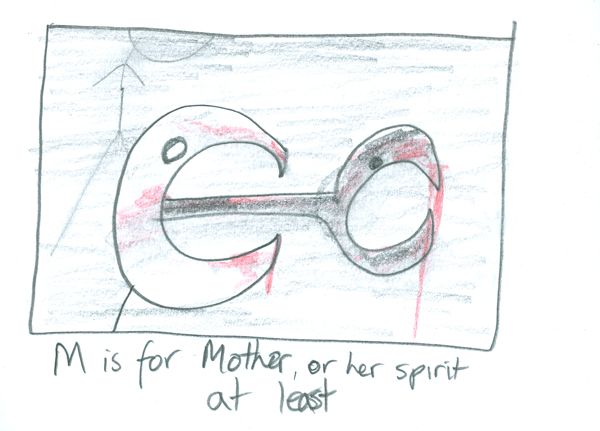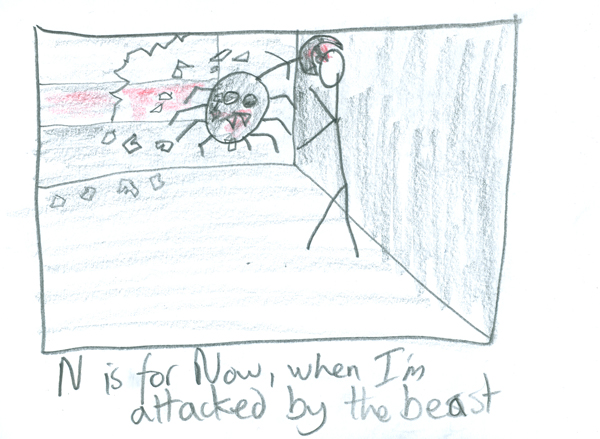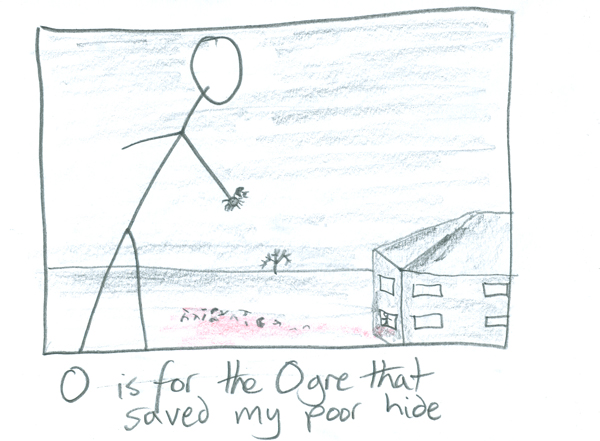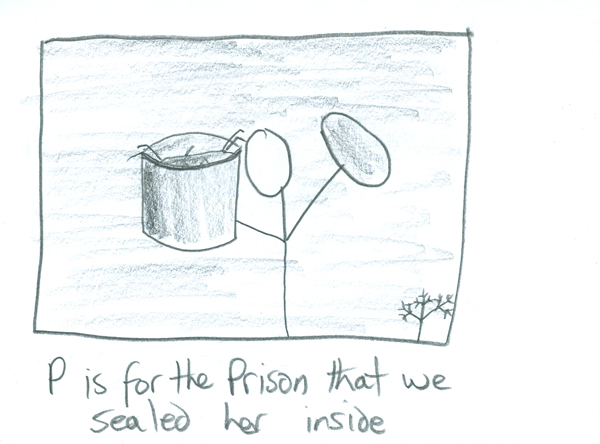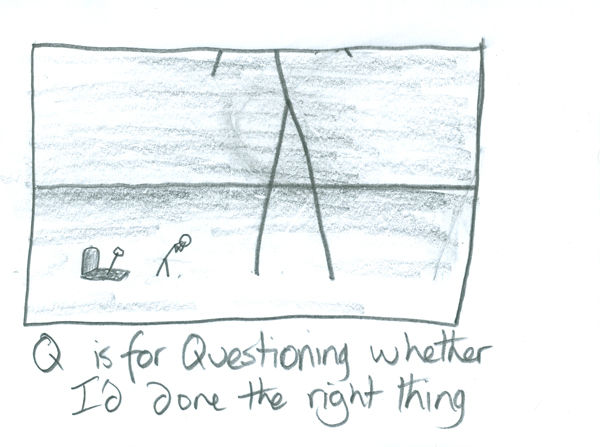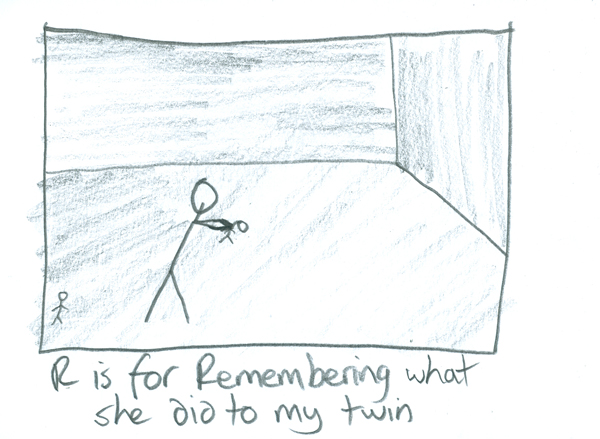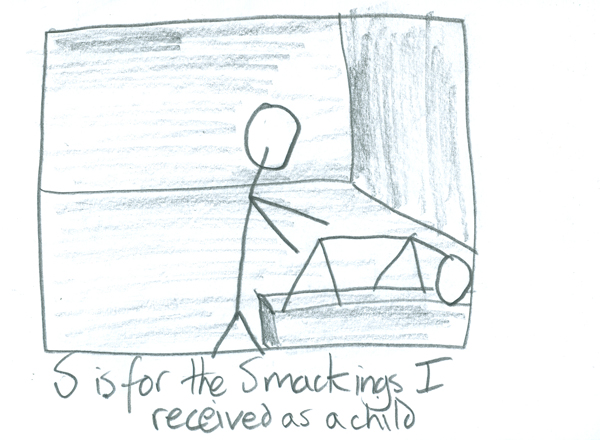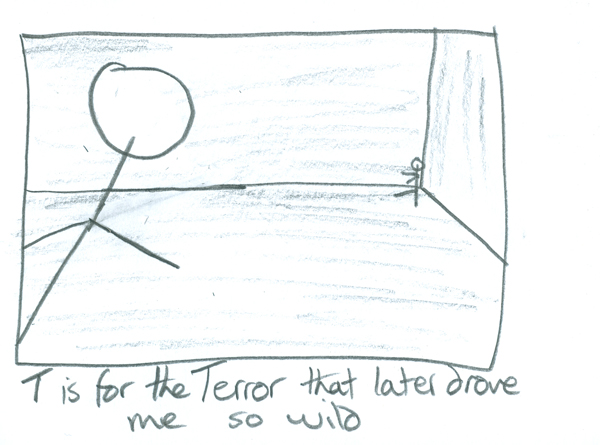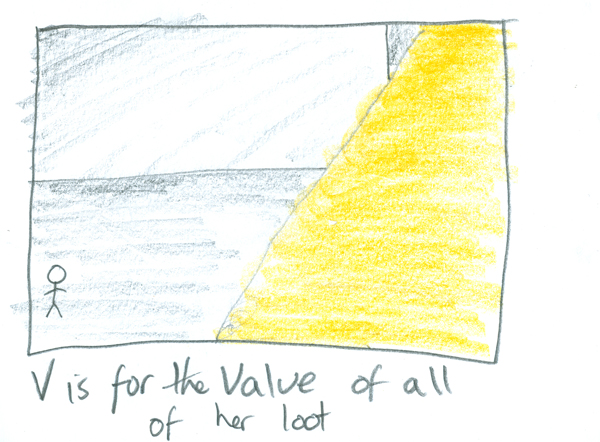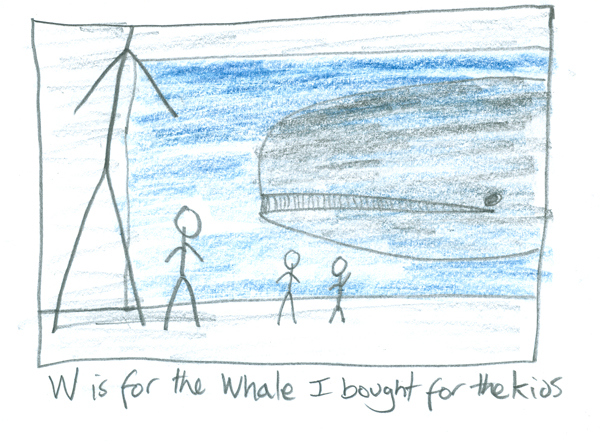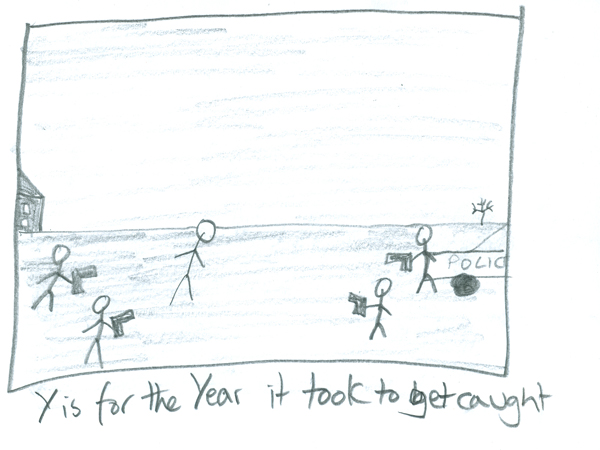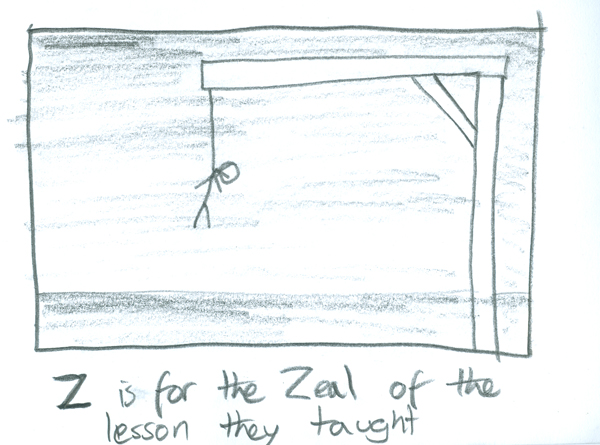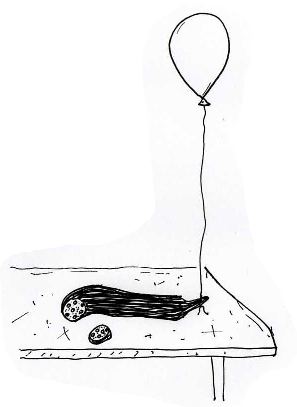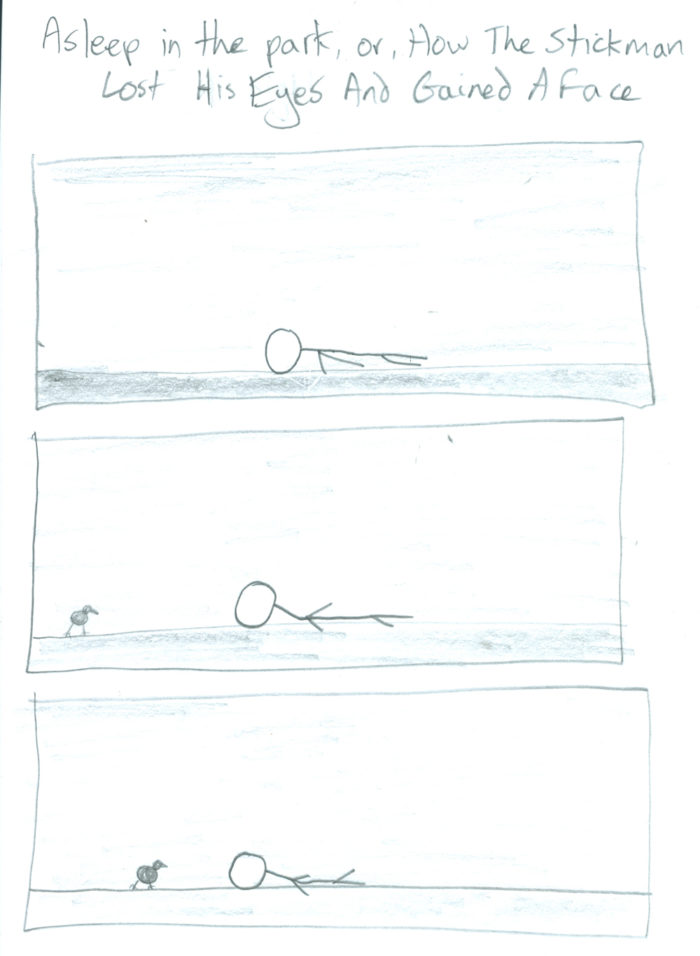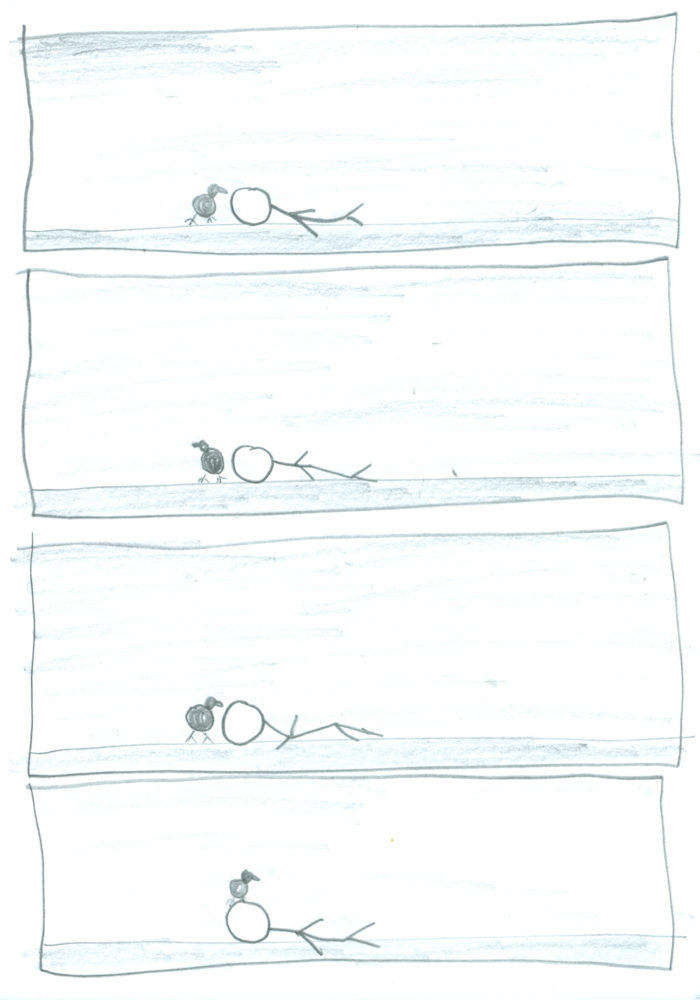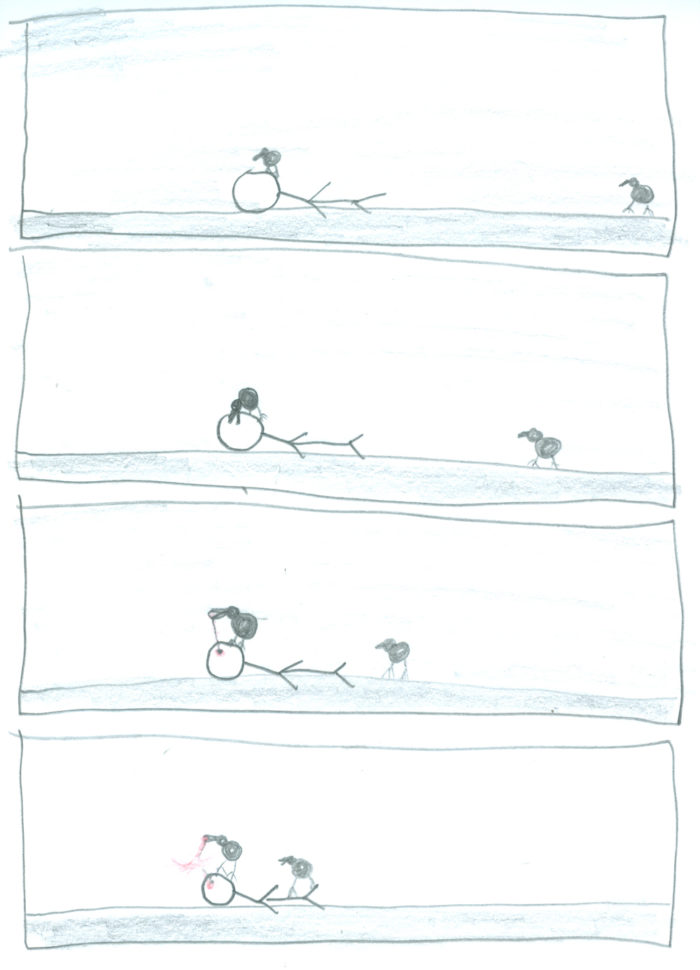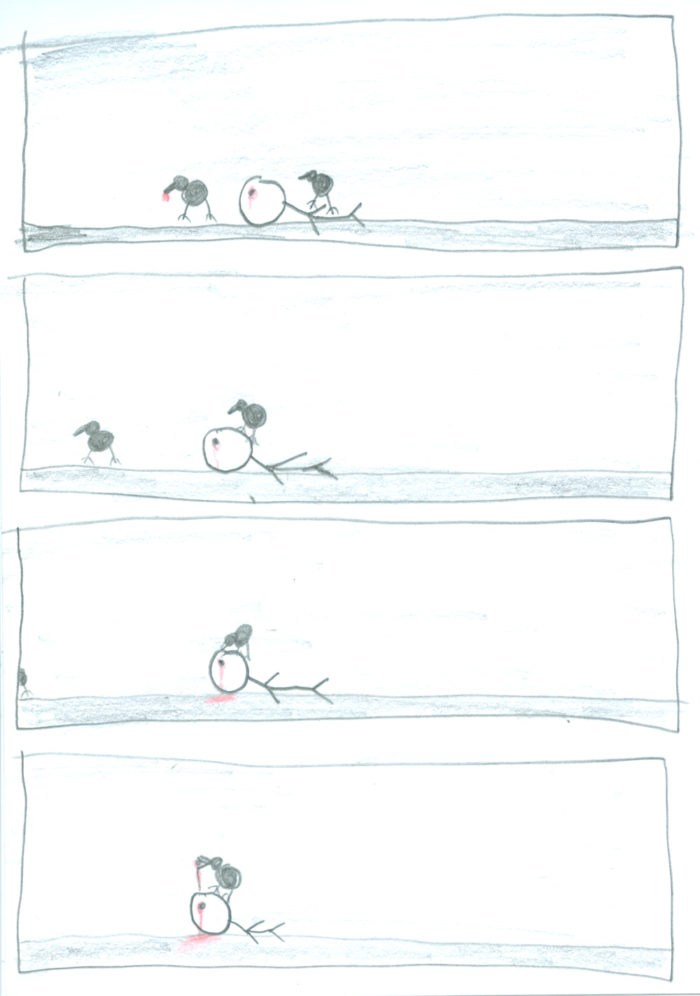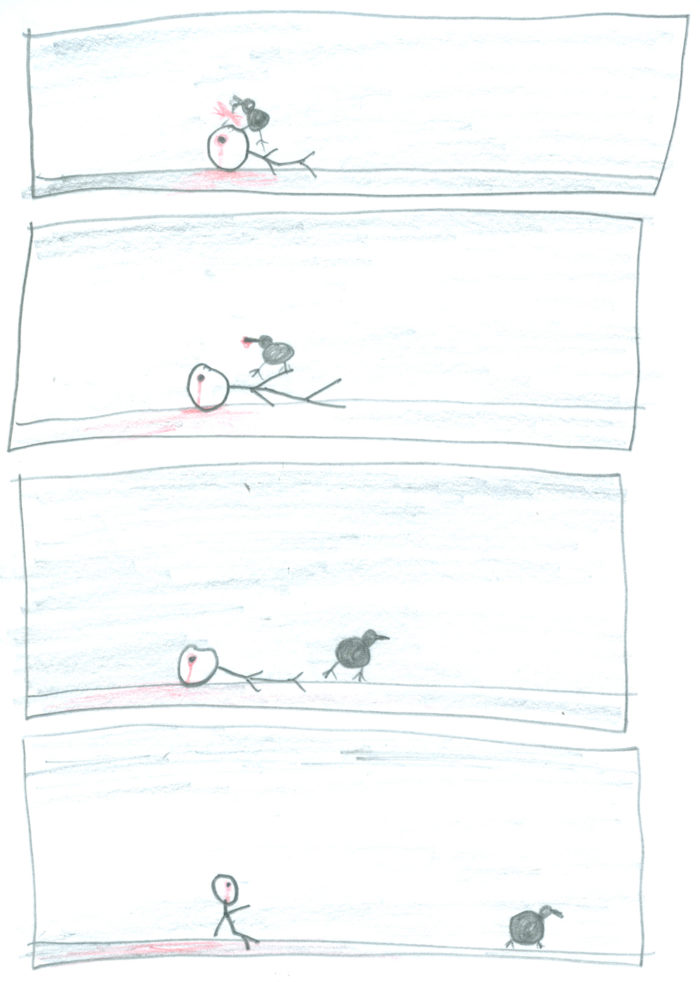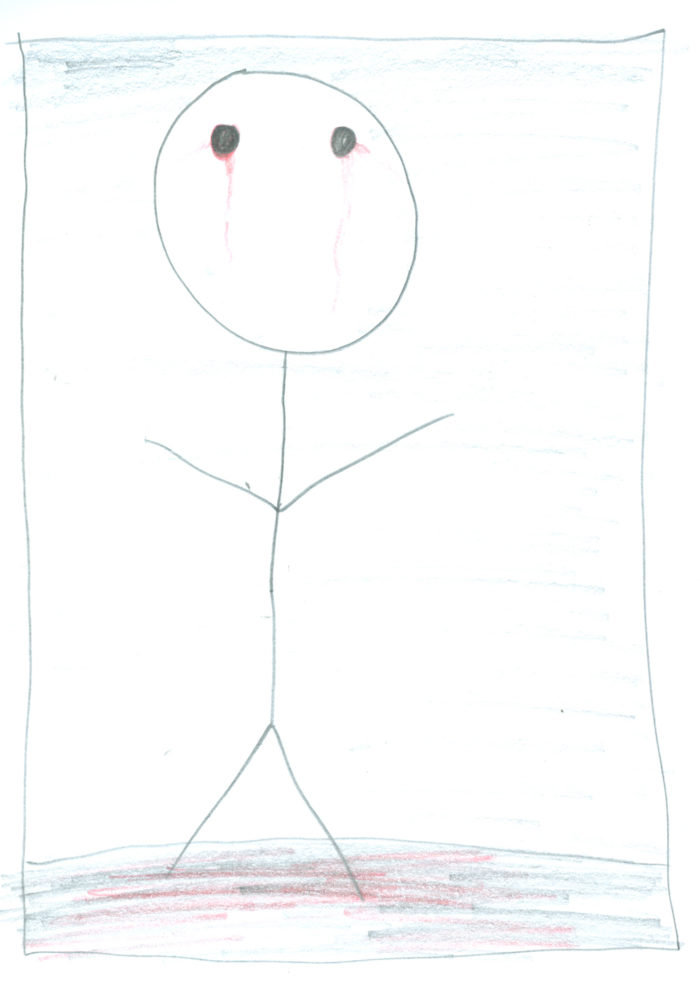There was an old lady who lived in the woods. People said she was a witch, and that she had amassed a great fortune which she kept hidden within her home.
A woodcutter came to her house one day, for although he did not believe in witches, he did believe in treasure, and he had decided to take it for himself.
The old lady was in her garden planting seeds, and behind her sat a long line of crows, pecking at what which she had sown.
The woodcutter said to her, “Old lady, I hear you have great riches stowed away in that old hut of yours. Give them to me or I shall chop you up into kindling. And then I shall take it from you anyway.”
The sound of his voice startled the crows, and they flew up into the sky and settled on the roof of her house, covering it with a blackness as dark as night.
The old lady replied, “I’m an old woman who lives on my own. I have no riches apart from the crows that help me sow my seeds, and the flowers that together we grow.”
The woodcutter said, “Then I shall chop you up into kindling and let your blood fertilise your flowers and your flesh feed your crows. And the riches in your house I shall take as my own.”
He took out his axe and chopped her into pieces and left her there in a pile upon the lawn. And then he went inside her house to find her fortune and closed the door behind him.
The crows came down from the roof and surrounded the old lady’s body. They each took a chunk of her flesh in their beaks and slowly pieced her back together. When they had finished, she wiped the blood from their beaks and kissed each one of her friends tenderly on the tops of their heads.
She went to the door of her house and opened it as wide as it could go and looked in at the woodcutter, who was searching frantically for any sign of her gold. He looked up at her in disbelief and cried out in dismay.
The sound of his voice startled the crows, and in their thousands they flew past the old woman and into the house and they filled it with a blackness deader than night.
The old lady picked a rose from her garden, its stem long and thick with thorns, and she stepped into the darkness and closed the door behind her and then locked it ever so tight. And inside, in her own time, she showed the woodcutter the full extent of her riches.
__________
Notes:
1. Written August 4th, 2016
2. An alternate version of The Old Lady And The Woodcutter
